Air pollution, climate change kill millions of people every year: UN official
Updated: 2016-03-04 01:05
(Xinhua)
|
|||||||||
Speaking during the UN Human Rights Council's panel discussion on the relationship between climate change and heath, Chan said that by 2050, experts predicted that climate change would cause an additional 250,000 deaths each year, just from malaria, diarrhea, heat stress, and under-nutrition.
"Droughts, floods, wildfires and heat waves claimed human lives. The world could not afford not to take open action. Holding countries accountable for their climate policies was also a matter of fairness," she noted, adding that for public health, climate change had become the defining issue for the 21st century.
Since the impact of climate change was universal, unpredictable, and sometimes contested, she said, human beings were unquestionably the most important species threatened by climate change.
The World Meteorological Organization figure has showed that the year 2015 was the hottest year since records began in 1880, and this year was predicted to be even hotter.
"Droughts threatened already perilous food supplies, especially in poor countries where subsistence farming was rain-fed," Chan stressed.
According to the UN official, the scale of this threat was immense. In some countries more than 70 percent of the population depended on subsistence farming for livelihood. Outbreaks of cholera thrived under too much or too little water. Insects and other carriers of disease were very sensitive to heat, humidity and rainfall. Climate change had given dengue a vastly expanded geographical range and could do the same for malaria.
"More than half of the world population lived in an area where Aedes aegypti mosquitoes, the principal vector for Zika, dengue, and chikungunya, were present. The warming temperatures threatened to expand this geographical range even further," Chan warned.
All these consequences for health made the first global climate change agreement reached in Paris last year not just an environment but a health treaty as well, and human rights obligations, standards and principles had the power to shape policies for climate change mitigation and adaptation, she said.
According to her, one of the biggest barriers that stood in the way of realizing the right to health was poverty.
"The poorest households in the world were forced to rely on the most polluting energy sources just for everyday cooking. Use of these energy sources, which caused heavy indoor air pollution, was associated with more than 3.5 million deaths each year," she said.
She added that half of all health facilities in some African countries did not have reliable access to electricity and clean running water, and this was a hazard that came under the spotlight during the Ebola outbreak in West Africa.
Related Stories
Air pollution hit 163 Chinese cities 2016-03-03 02:58
Test on rats shows air pollution increases risk of obesity 2016-02-23 10:22
Beijing to raise threshold for issuing air pollution 'red alerts' 2016-02-22 09:54
Australia risks missing climate change commitments: report 2016-02-22 13:58
Climate change 'to make flights longer' 气候变化“导致飞行时间加长” 2016-02-14 15:25
Greener lighting a solution to climate change 2016-02-02 08:39
Today's Top News
Trump, Clinton scoop up key wins on 'Super Tuesday'
British PM threatened with 'no confidence vote'
70,000 may become trapped in Greece
'Grow people' for long-term China-UK relations
Points of view
Small island makes a big difference
Rubio, Cruz gang up on Trump in debate ploy
'Invented-in-China’ products to the fore at MWC
Hot Topics
Lunar probe , China growth forecasts, Emission rules get tougher, China seen through 'colored lens', International board,
Editor's Picks
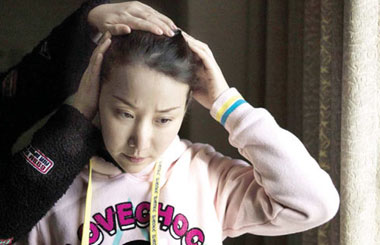
|
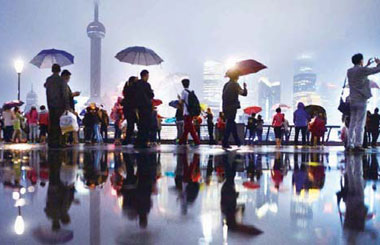
|
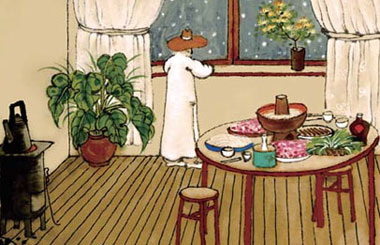
|
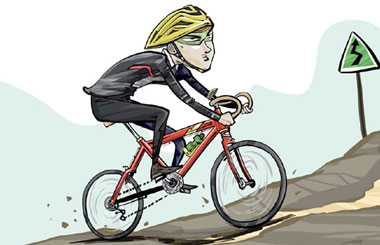
|

|
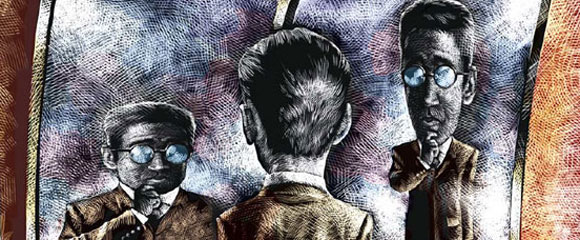
|






